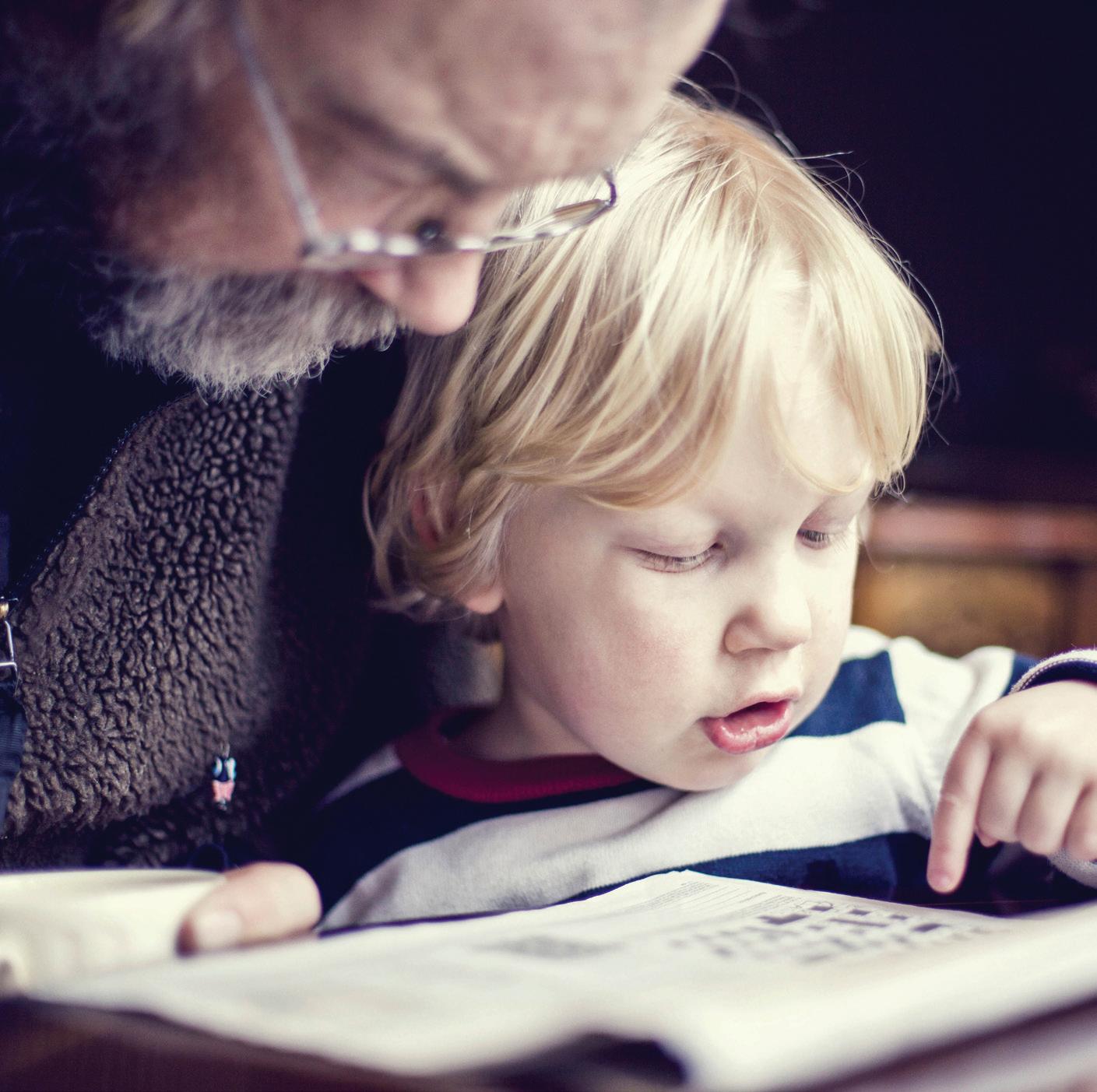
3 minute read
Top reasons to share your stories




By Chérie Newman
OLLI at MSU member
When my mother was 83, I asked her to tell me stories about her early life. All I knew was that she’d been born in Harvard, Idaho, one of her grandfathers was a farmer and her dad died when she was 16. Her reaction to my request surprised me. She said she didn’t want to dredge up ancient history. But luckily, she did want to please me. So, reluctantly, she wrote out a few memories from her childhood and teenage years. After reading those memories, I found photographs in her albums that showed the people and places she’d described in her writings. I scanned those images, typed her stories into Publisher and created a book— an autobiography of her fi rst 18 years. She was delighted. That book became one of her most treasured possessions. Now that she is no longer with us, my family treasures the book. Not everyone is comfortable sharing their stories. My father
Chérie Newman Osher Lifelong Learning Institute “OLLI” at MSU http://www.montana.edu/olli/ Tele: 406-994-6550 MSU Academic Technology and Outreach 128 Barnard Hall • P O Box 173860 Montana State University Bozeman, MT 59717-3860
refused all offers from his children to help him write or record his memories. But now we wish we had tried harder. Sadly, we know very little about his people. Stories about his parents, grandparents, aunts, uncles and cousins are all lost. To us, this loss feels like a vast empty space in our family history. It feels like some vital information about us is missing for my siblings and me. If someone asks you to tell your stories, I encourage you to say yes, even if the thought makes you uncomfortable. And if no one has yet asked for your accounts, why not write or record them anyway? Here are four reasons why you should: It’s fun. Children don’t often think of their parents as having had an interesting life before they became parents. And grandchildren are usually surprised to hear that old people weren’t always old people doing old-people things. Regaling a child with tales of your youthful adventures can be exciting, informative and entertaining for both of you.
2. Your stories are valuable
to your family members. They will better understand you, themselves and your relationship(s). True stories help us know more about why we are the way we are and, perhaps, why our family members made certain decisions. Also (if this applies to your situation), hearing stories of trauma might encourage someone in a similar situation to get help.
3. There’s comfort in leaving a
legacy. Linda Spence, author of “Legacy: A step-By-Step Guide to Writing Personal History,” said, “The time you spend recording your memories and refl ections will be transformed into an unforgettable link to your family members and future generations.” People love stories. And they like to think of themselves as a character in a story. It gives them a solid place in the narrative of the world.
4. You don’t have to fi gure it out
by yourself. You can fi nd ideas and examples in books and on websites. If you want to record an audio or video interview, look for lists of questions at StoryCorps.org. Some websites will email you writing prompts to stimulate your memory. You can also upload photos to go with your stories and receive a printed book. Check out Lastly.com, LifeStoryPro.com and StoryWorth.com. Since resources and technology are so widely available these days, telling your stories has never been easier. And, whether you believe it or not, your family is, or will be, eager to know more about you—and by association, themselves. Personal stories matter. To quote Jenny Friedman, executive director of Doing Good Together, “Stories are powerful—and innately human. They help us understand one another, provide windows into different cultures and time periods and increase our capacity for empathy. Developing a strong family narrative lets children know they belong to something bigger than themselves.” So let me add healthier children and more empathy in the world to the list of reasons to share your stories. To help you get started, here’s a question: Were your grandparents well-behaved?


Curiosity for Life.
Join us.
montana.edu/olli 406-994-6550







